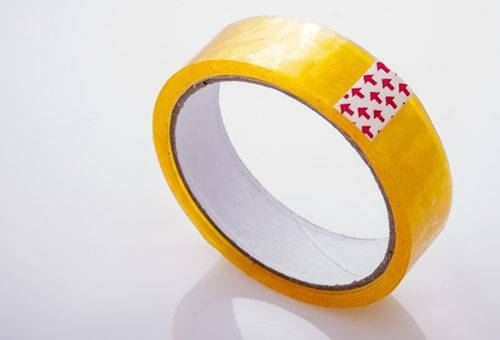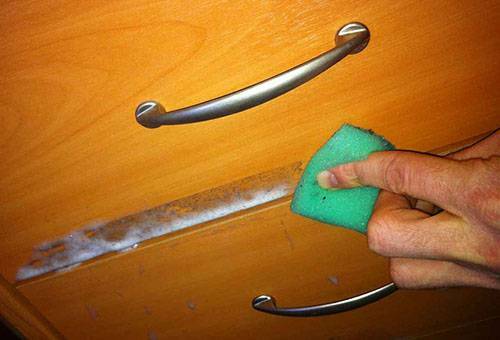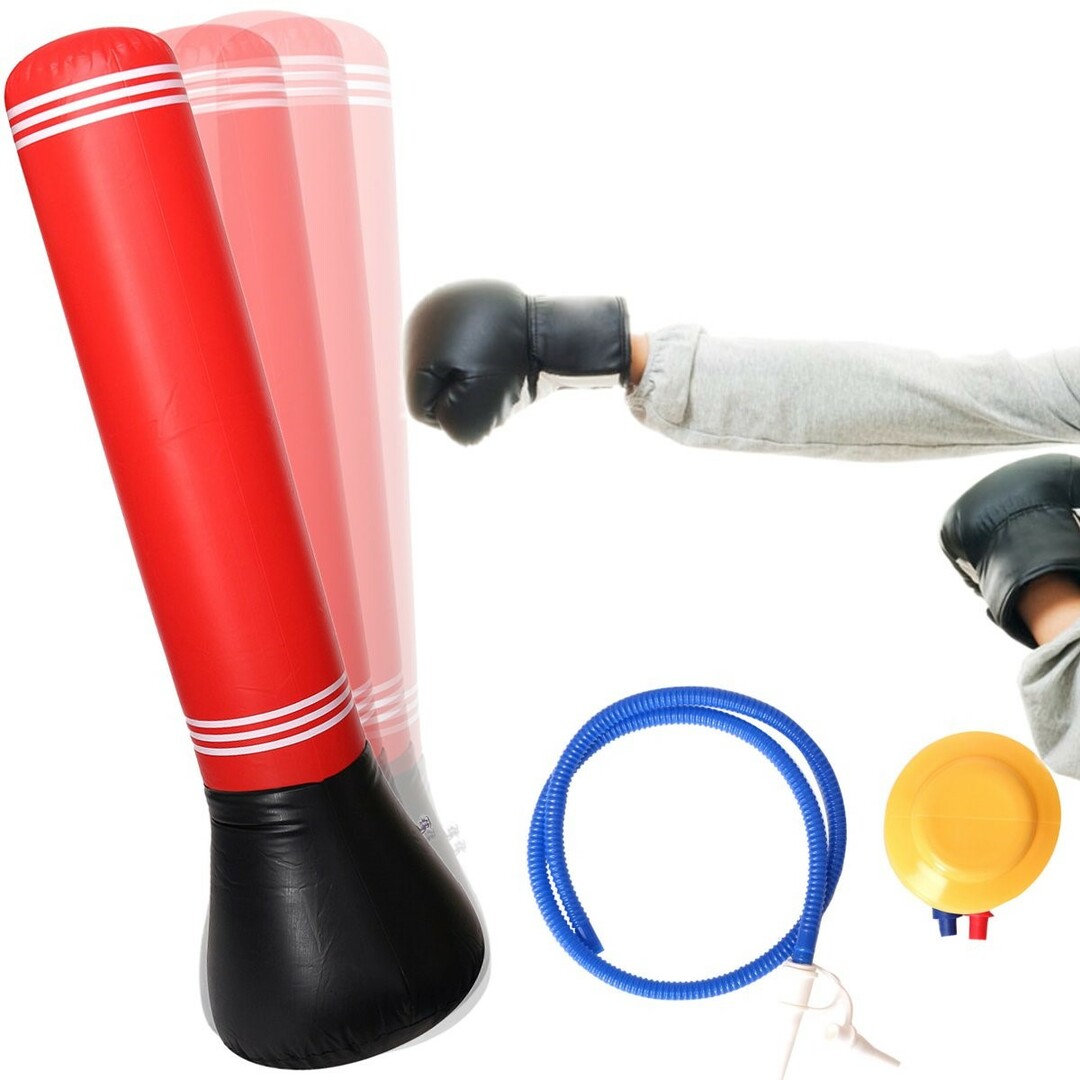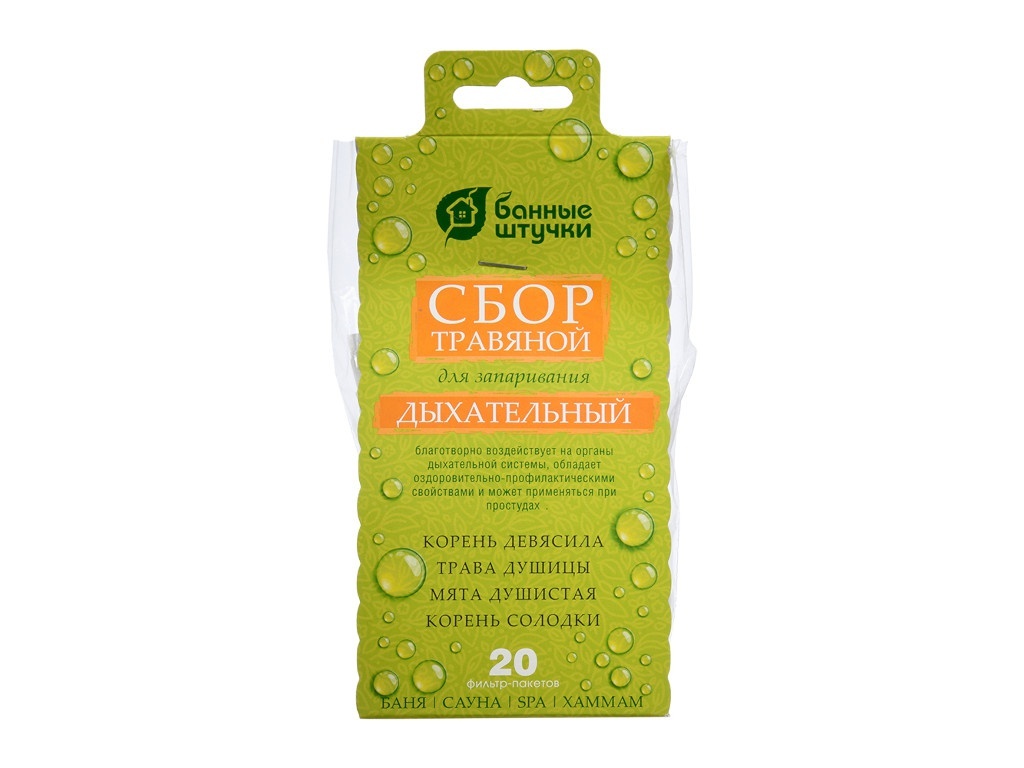Contents:
- How can I clean various surfaces?
- What to do with furniture?
- How to deal with plastic surfaces?
- Household appliances, or how to clean what helps daily
People in our time very, very often use adhesive tapes( plain, colored or double-sided scotch tape), which raises the question: how to remove traces of scotch tape? Yes, for the sake of justice it is worth noting that Scotch tape is a universal adhesive that is used everywhere, including in household chores. For example, when they move, they lock the doors of cabinets so that they do not clap on the way. And in the end, the owners get the problem of unpleasant glue spots on the surface of their favorite furniture. How to remove these pollutants?

How can I clean various surfaces?
It is possible to wash off traces of adhesive tape from windows, furniture and other surfaces with various substances, some of which are accessible to everyone and there is in every house. For the sake of simplicity, we presented the entire arsenal of funds in the form of a list.
- Petrol.
- Ordinary stationery eraser.
- Vegetable oil( not so important which is olive or sunflower oil).
- Hairdryer.
- Vinegar.
- Alcohol.
- Acetone.
- Detergent for glass surfaces( windows, countertops, doors and other)
It is worth noting that each of the listed products is not universal and has a number of its shortcomings and possible "side effects".

What to do with furniture?
First, we will deal with the most contaminated scotch surfaces - the facades of cabinets and other furniture. Furniture requires accuracy in cleaning work, because its surface is not designed to be scratched with knives and poured with acid. Of course, we exaggerate, but many people, trying to remove stains from scotch, do something like this. And how will it be better to do?
For cleaning of furniture it is necessary to use oil, gasoline, an eraser or a hair dryer. Other substances can cause irreparable harm to the coating. However, each of the substances should be told in more detail.
- So, the oil can not be used on unpolished surfaces: it will only be absorbed, but it does not remove any contamination. As a result, the stain from the scotch will become even more noticeable, since a fat oily blot will appear on its place.
- Petrol has a much wider range of applications. If this tool is used with caution, it can be called universal. However, it is not recommended to use gasoline when cleaning polished surfaces: it is likely that the paint will dissolve, since gasoline is not only a fuel, but also a good solvent. In addition, cleaning with gasoline can adversely affect the health of the person involved in this very cleaning, if the room is not properly ventilated during work.
- A stationery eraser is the most safe and practical tool that can be used always and everywhere to remove a layer of glue from a double-sided adhesive tape or ordinary transparent adhesive tape from a window, a cabinet door or any other object. Limitations can only be made by the size of the contamination, but usually not very large stains remain from the scotch, so the eraser has the right to be called a universal and generally accessible way to clean the traces of scotch from the furniture.
- Fen can not be called an independent cleaning agent, since it is used during preparation of contamination to disposal. The fact is that warm air makes the glue more viscous, dissolves it, which simplifies the cleaning of the surface and makes it easier to wash it with the help of other, more aggressive means, in particular gasoline, which we mentioned above.

How to deal with plastic surfaces?
In any house it's already hard to find something that is not made of plastic. Furniture, electronics, toys for children, light bulbs, lamps and much, much more. .. These things are also contaminated with glue from scotch, and it must also be removed to make the thing pleasant to use.
In order to remove traces of scotch, the same means as with removal of contamination from furniture are best suited. Especially beneficial is the use of oil: in the case of plastic, it can not be absorbed into the surface and only acts in favor of the situation: it changes the physico-chemical properties of the glue, making it soft and pliable for removal. By the way, plastic surfaces that are connected with glass( for example, windows) can also be easily washed using oil.
The eraser again shows itself as an "angel", as it once again helps the owners and housewives to clean the contamination without harming the surface. All work boils down to careful erasing of the adhesive with an eraser and subsequent brushing of the formed spools.
Gasoline, which should be used with caution in the case of furniture, does not cease to be an aggressor when working with plastic. Yes, plastic is less prone to damage by gasoline, but if it is not working properly, it can be hopelessly damaged. For example, a noticeable bright spot may appear on the surface, which can not be washed
Fen - again an auxiliary. It will help to wipe off and wash off stains from scotch, usual or bilateral. However, the plastic is so poor that it can start to melt due to the flow of hot air, so it is worth to be careful when preparing the surface for cleaning. If there are plastic windows in the house and they are stained with glue from scotch, the hair dryer will help perfectly, because high-quality plastic is used in the manufacture of windows.

Household appliances, or how to clean what helps daily
At the beginning of the article on the list were listed such means as vinegar, alcohol, acetone and detergent for glass surfaces. We specially reserved them for "hot".With the help of these four potent substances, it is possible to efficiently clean household appliances from glue stains.
Vinegar from the listed, perhaps, the safest means. It allows you to easily clean the glue and, if they are, pieces of the adhesive tape, extremely sticky fragments of double-sided adhesive tape, and do it neatly and definitely will not leave a bright spot on the surface. However, old spots are not capable of vinegar.
Acetone can be called a stronger version of vinegar, because it can remove old stains too. However, if the surface is painted, it can dissolve the paint, which, of course, is undesirable. But acetone is really great at any degree of contamination.
The agent for washing windows and other glass surfaces is slightly weaker than acetone, but it is much safer, as it definitely will not damage the object to be cleaned. In addition, if household appliances have a glass surface, it is very convenient to wash both stains from the glue at the same time, and other impurities( if any), and fingerprints. Above we also mentioned that spots of glue can appear on the windows. Specialized detergent will definitely help to cope with such a disaster without much difficulty. But we, however, do not recommend sticking plastic windows with adhesive tape.
It is easy to erase stains even from double-sided scotch, and especially if you know all the pitfalls. We hope that our article was informative and helped you to clean the window, furniture or floor from pollution.



